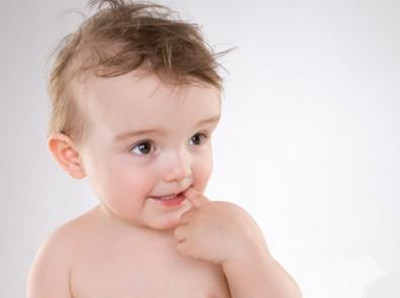It's hard to resist.
这真的是难以抗拒。
One look at those chubby cheeks, and the next you're cooing:“Who's a cute little baby?”
看着那些圆嘟嘟的小脸,然后你就会低声嘀咕道:“谁是可爱的小婴儿?”
Now research finds that by using this style of speech to talk to babies, you may be helping their early language development.
现在研究发现通过用这种交谈方式和婴儿讲话,你也许能帮他们开发早期的语言能力。
Adults using so-called baby talk provide particularly good phonetic examples—producing sounds that are clearer, longer and more distinct from each other.
成年人使用这种婴儿谈话方式可以为宝宝提供良好的语音模板—发声更清晰、更持久而且彼此之间确实不同。
Researchers used small digital recorders hidden in the vests of 11-and 14-month old babies to record the infants' auditory environment.
研究人员们在11到14个月大的小婴儿的内衣里安装小型数码录音设备记录下他们的听觉环境。

Thirty-second snippets were then analyzed to identify whether the parents used baby talk or regular speech, and whether speech occurred in one-on-one or group settings.
这些30秒的小音频之后被分析用于确认是否他们的父母与之交流是用婴儿谈话方式还是一般讲话方式,以及交谈方式是一对一还是一对多。
The more parents engaged in one-on-one baby talk, the more the baby babbled—which is a precursor to word production—and the more words they produced at age two.
父母用一对一的方式和婴儿交谈越多,后者咿呀学语就会更多—这些都是词语构建的前体音节—并且这些孩子们在2岁左右就能说更多的单词。
The study will appear in the journal Developmental Science.
这项研究即将在《发育学》杂志上发表。
So parents, looks like if you chat regularly with your child, you'll soon be saying, “look who's talking.”
因此,年轻的父母们,如果你们如果能和孩子们规律的进行交流,你们很快就能看到孩子的进步。












